Human Resources
Interpersonal Skills and Self-Improvement
£2360 (£1600 during the tuition waiver period)
This module strives to deepen learners' comprehension of effective leadership concerning the human element in a school setting. Learners will reflect critically on key themes such as teacher and staff management, lesson observation, target setting and performance appraisal, thereby developing crucial skills for leading diverse teams and fostering inclusive educational communities.


1. Comprehend effective leadership concerning the human element in a school setting
2. Reflect critically on key themes such as teacher and staff management, lesson observation, target setting and performance appraisal
3. Develop crucial skills for leading diverse teams within educational settings
4. Foster inclusive educational communities through effective leadership


Scholarships
Citizens of the following countries are eligible for a 50% scholarship upon writing a personal statement. All scholarships are to be approved by the Academic Board. The list of countries are: Sri Lanka, Indonesia, Philippines, Bhutan, Morocco, Vietnam, Papua New Guinea, Laos, Cambodia, India, Nigeria, Ghana, Bangladesh, Laos, Myanmar, Pakistan, Nepal and South Africa. Please talk to your student counselor and ask for the Coupon Code to get the 50% Tuition Waiver.

To pass the unit a 40% overall grade must be achieved.

You are eligible if you meet our stipulated entry requirements.









Effective Leadership and the Human Element
Critical Reflection on Key Management Themes
Leading Diverse Teams
Fostering Inclusivity
Communication and Relationship Building
Professional Development and Growth
Innovation and Change Management